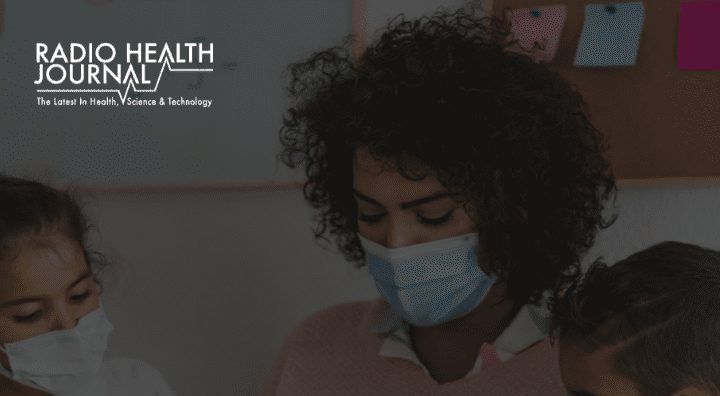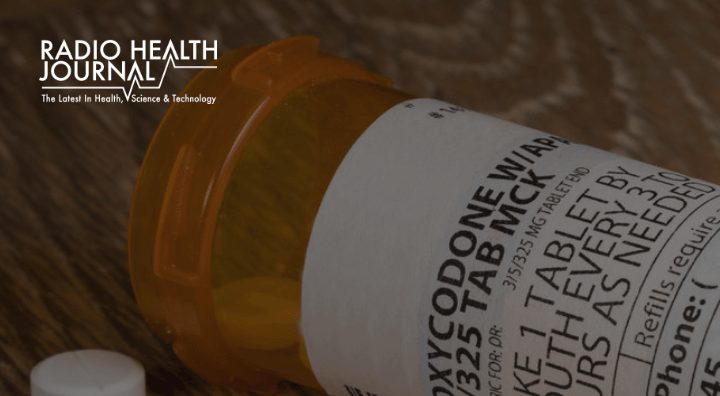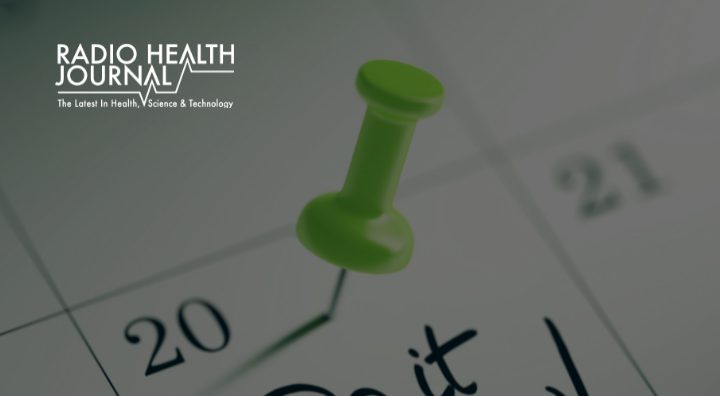We live in a world filled with synthetic chemicals, and Americans are exposed to upwards of 100 chemicals each day. Whether it be in our clothing, our electronics, or the toys our children play with, chemicals are ever-present and not all are safe. According to Ken Guiser, Professor of Work Environment at the University of Massachusetts Lowell and author of Chemicals Without Harm: Policies for a Sustainable World, we are often exposed to dangerous chemicals, although usually only to a very low amount. Yet we are still at risk when those chemicals become present in our homes, schools and workplaces.
It’s a common assumption among consumers that the government regulates and prohibits all dangerous or unusable chemicals, but Guiser says that’s not the case. He explains, “The way our market works, products come on to the market; the government does not test those products. They are maybe tested by product manufacturers, but those test results are often proprietary; we don’t know what they are. We often don’t even know what the chemicals are in products. The government just doesn’t have the capacity or the authority to really test hundreds and hundreds of chemicals.” Due to our free-market economy, the government is not able to place many restrictions on companies and businesses, including those that would typically call for product testing. The Environmental Protection Agency (or EPA) has introduced measures in the past to limit how many chemicals are leaked into our air and water, but the industry is expected to police itself on the manufacturing of products.
Guiser blames the presence of these unsafe products on a lack of information; no one has really done the research. There are approximately 87,000 chemicals in production in the United States, but of the 2,300 that the EPA conducted research on, only 138 have ever received full testing.
Outside of the United States, the reality is quite different. The European Union has released a list of 2,000 chemicals that they consider to be of concern. Guiser advises that following a European approach would be highly beneficial, and that products supplied to both Europe and the U.S. have become safer due to higher E.U. standards.
Guest Information:
- Ken Geiser, Emeritus Professor of Work Environment, University of Massachusetts, Lowell, and author, Chemicals Without Harm: Policies for a Sustainable World











Leave a Reply